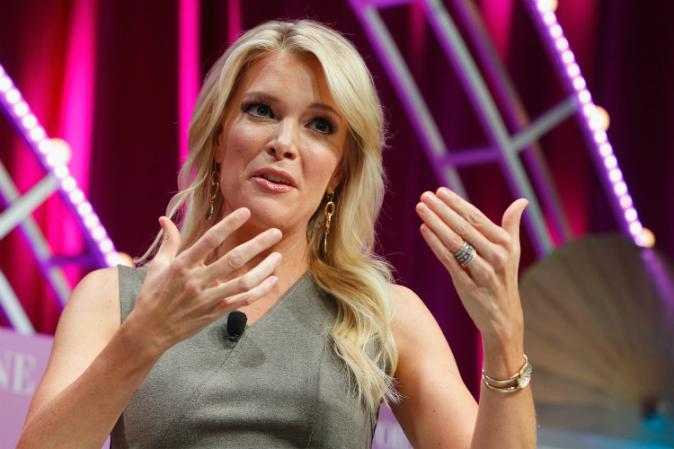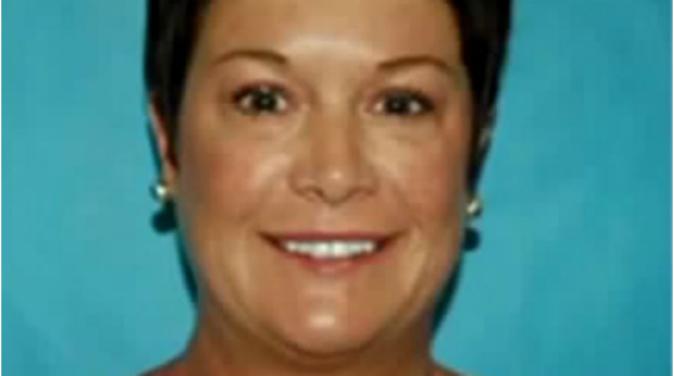Donovan Livingston, 29, can count on one hand the number of black male teachers he has had in his 24 years of formal schooling—four in total.
Livingston, who has an M.Ed. in teaching and learning from Harvard University, is a product of educators—his father is a principal and his mother a speech pathologist. Livingston credits his aspiration to lead a classroom of hungry-to-learn students to his parents.
“Had I not grown up in a home with two educators, I doubt I would understand the power of my presence in a school,” Livingston said. “If young black men are not exposed to teachers, counselors, advisers, or administrators that look like them, we—as a system of schools and educators—perpetuate the myth that black men are anomalies in school.”
However, statistics show black men are anomalies in school.
Black males represent less than 2 percent of the nation’s teachers, according to data released by the U.S. Department of Education. Creating a vicious cycle, black males are also less likely to take on teaching as a career, likely due in part to never encountering a teacher who looks like them.
“The lack of male role models of color in teaching, and the potential for feeling disconnected from colleagues and the larger school culture, can often serve as deterrents to considering education as a career,” said Jerrica Thurman of American Association of Colleges for Teacher Education (AACTE).
“Many teachers of color feel unheard and unable to effect changes in their schools.”
Another factor that has steered black men away from becoming teachers is low salaries.
“Low pay and long hours aren’t attractive,” said educator Will Deyamport III, who works in Mississippi. “Most of the brothers I went to college with are doctors or lawyers. A few of them went into education, most didn’t—when men think of the life they want to have and the possibility of having a family, making money weighs heavily in their decisions.”
America’s teachers are overwhelmingly white (83 percent) and female (75 percent)—demographics that are stereotyped by media portrayals, according to the Consortium for Policy Research in Education.




